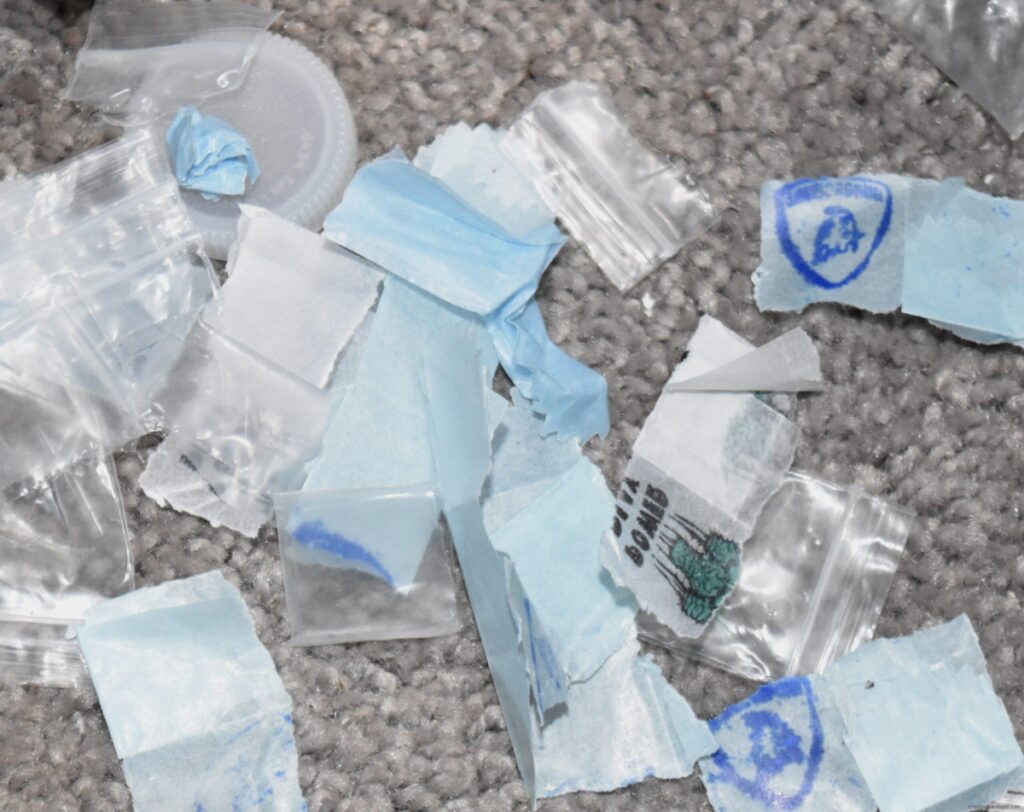
Only a coroner or medical examiner (C/ME) can complete death certificates for drug overdose victims. That’s because those deaths are not due to natural causes. As a result, the cause and manner of death on the death certificate must be determined by a C/ME’s medicolegal investigation. The medicolegal investigation of a suspected drug death is complex, costly, and sometimes controversial. That is especially true when it comes to the decision of whether or not an autopsy will be part of that investigation.
Autopsy or Not?
The gold standard for determining the exact cause of death in a suspected drug overdose is a full autopsy with toxicological testing. According to the National Association of Medical Examiners (NAME) “a forensic pathologist shall perform a forensic autopsy when the death is by apparent intoxication by alcohol, drugs, or poison.” Due to the deluge of opioid overdose deaths in recent years, however, some C/MEs have questioned the feasibility of meeting this standard.
Any coroner or medical examiner can tell you why it’s not always possible to meet NAME’s gold standard for drug death investigation. The number of drug overdose deaths has soared since 2005. Meanwhile, the number of forensic pathologists available to do autopsies has dwindled to critical levels nationwide. One result is a huge increase in the cost of autopsies. County C/ME budgets in PA have struggled to keep up with needs for services like autopsies. In a recent state survey of Pennsylvania C/MEs “Some coroners reported that their offices could not afford full autopsies and toxicology tests for all of the victims.”
C/MEs in the suburban Philadelphia area (Bucks, Chester, Delaware, Montgomery counties) are among those that aim to do full autopsies on all suspected drug overdose deaths. In practice, full autopsies are done on approximately 83% of such cases in those counties. That’s a high proportion compared to the overall autopsy rate. The state survey found that on average the 19 urban counties in Pennsylvania autopsy about 25% of all cases they investigate (including but limited to drug deaths). Among the 48 rural counties, the average autopsy rate is about 10%.
Autopsy Costs – How Much and Who Pays?
Coroner and medical examiner offices in the four suburban Philadelphia counties report they are currently paying $800–$1140 for a full autopsy by a contracted forensic pathologist. That’s just the pathologist’s fee. It doesn’t include costs for lab tests, morgue supplies and equipment, or autopsy assistants. Counties in Pennsylvania that don’t have their own autopsy facility—that includes Chester County—incur additional costs for body transport to facilities in other counties. County taxpayers—not victims or their families—foot the bill for the costs of C/ME investigations. County commissioners control C/ME office budgets and approve fee schedules for contracted services like autopsies.
The Forensic Pathologist Shortage
The critical national shortage of forensic pathologists, means many PA counties rely almost exclusively on contracted pathologists. That is especially true in the suburban Philadelphia counties—Bucks, Chester, Delaware, and Montgomery. Some freelance pathologists travel between counties or even across state lines to meet the needs of those C/ME offices. Delaware County has a medical examiner instead of a coroner system. Nevertheless, it has also relied on contracted pathologists since the departure of forensic pathologist Dr. Frederic Hellman in June 2021.
Toxicological Testing in Drug Deaths
Toxicology tests for drug deaths must meet forensic lab standards and be able to identify substances like synthetic fentanyls. But that kind of testing is expensive. Costs range from $149–400 per specimen, depending on the lab and the type of test.
Under certain conditions, C/MEs may forego an autopsy in a suspected drug death. They may opt for “toxicology only” in circumstances like the following:
- Death scene and history strongly suggest a drug overdose
- No criminal charges pending
- Older victim with documented medical conditions other than drug use
- Delayed death in a hospital with admission blood or positive admission drug screen available
- Tissue or organ harvest approved
Policy Considerations
All C/MEs would like to be able to meet NAME standards. Policy considerations for increasing both the number of forensic pathologists and C/ME office budgets are outlined in the executive summary of the state survey. The proposed actions would go a long way towards improving the quality and equity of drug death investigations among Pennsylvania’s 67 counties.
*Updated September 6, 2022*
*Post updated 9-6-2022*